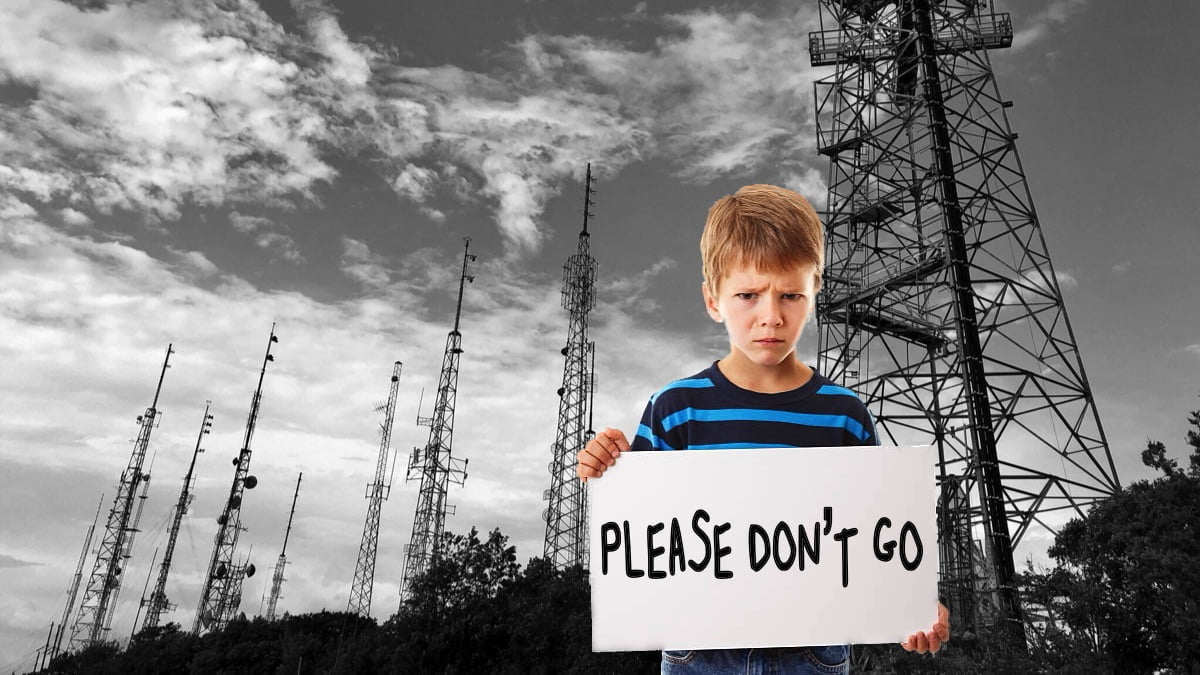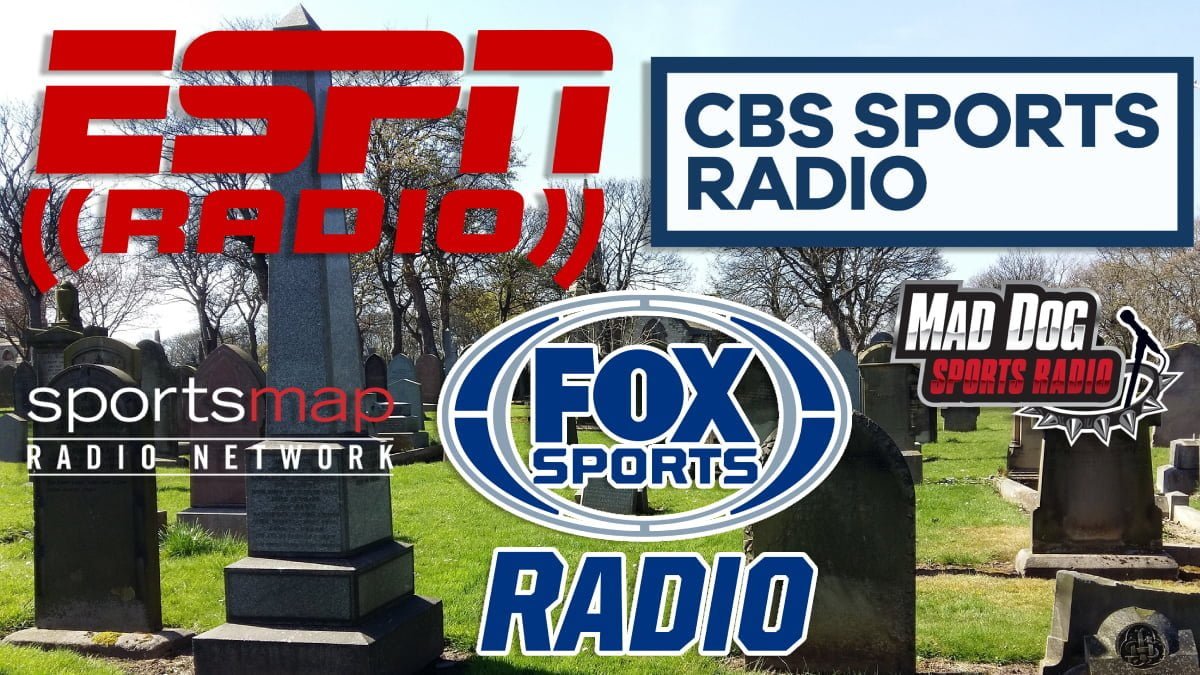Sports radio is at a crossroads. If you work in the format, you probably feel that no matter where you are. If you are outside of the major markets though, that feeling probably looms over you like never before after the events of last week.
You may not have liked the way Jason Barrett framed it, but we cannot sugarcoat what happened in Bristol. It was a bloodbath and the fact that so many leaders in the company’s audio space sent a very clear message about where ESPN Radio stands in the Walt Disney Company’s hierarchy.
Many of the people that lost their jobs were talented individuals that helped build ESPN’s audio products into what they are today. I am sure that their bosses just saw them as numbers on a spreadsheet, and to be fair, if you’re the one assigned the unpleasant task of human cost-cutting, that is how you have to operate. It can’t be overstated though that this “expense-over-value” approach fundamentally altered what the network is now and what it can be going forward.
Something else happened last week that probably hit me harder than it hit you. Capitol Broadcasting ripped the guts out of 99.9 The Fan when the company fired Joe Ovies and Joe Giglio.
Raleigh has become my hometown. Ovies is one of my closest friends. I admit I am biased, but I also know a lot of people in the industry that have heard the duo on air and agree that his creativity combined with how connected Giglio is to the power players in North Carolina sports made for a great on-air product. Their show, The OG, was forward-thinking and nothing else sounded like it. Even our governor wondered what the hell Capitol Broadcasting was thinking.
Just like ESPN Radio, what 99.9 The Fan is and what it can be going forward has changed. And with apologies to whoever fills that afternoon drive slot, it will not be for the better.
Why? Because Capitol Broadcasting is looking at this 26,000-watt station the same way Disney looks at ESPN Radio. Profit potential be damned. All that matters is how much it costs. Expense over value.
These events lead me to a question that has to be asked: is a day coming when the sports radio format won’t be viable anywhere outside of the biggest cities in the United States?
Raleigh is a great example. We have two sports stations. Both are owned by the same company and both rely heavily on national syndication to fill out their schedule. 99.9 The Fan carries Keyshawn, JWill & Max and #Greeny. Buzz Sports Radio has a brokered local morning show. After that, it is a mishmash of syndication.
Other markets do way more local programming. Look at 1010XL in Jacksonville and 92.9 ESPN in Memphis. But, none of them are ever going to be WFAN, going live and local at all hours of every day.
ESPN Radio is in a serious state of flux. CBS Sports Radio isn’t built for markets outside of the Northeast. FOX Sports Radio kind of feels like an obvious choice for midmarket stations that need content in the midday, but Dan Patrick isnt getting any younger and Colin Cowherd is doing a TV show more than a radio show.
How do you do attract advertisers in a place where the majority of your programming isn’t local and the local hosts either don’t have the support they need to make great content, or are blown out in favor of an inferior product simply because it is cheaper?
Fans live everywhere. It is disappointing that right now, the radio industry only seems to value the ones living in cities with teams in all four major professional sports leagues.
Raleigh doesn’t meet the traditional needs of an ideal sports radio market, and there are plenty of other markets just like us. We are divided over our college loyalties. The one local pro team has its share of diehard fans, but they do not represent the majority of the population. If the Carolina Hurricanes get swept in the next round of the Stanley Cup Playoffs, most of us will wake up the next day and not even think about it.
It doesn’t mean we don’t want sports radio. We just don’t want Chris Russo or Angelo Cataldi. Those shows work in markets that have a team that unites the audience in misery. I’m not saying those are bad shows, I just want our industry to recognize they are not the only local shows of value.
Both mid markets and major markets are filled with examples of shows that thrive by recognizing their listeners are not a monolith. They approach sports as part of the larger popular culture. That can be how you have to do it when you don’t flow from the NFL season right into a local team’s chase for a spot in the NBA’s play-in tournament. To do it well, you need the support of a company willing to invest resources and sellers hitting the streets to tell your story and why it is one that fits the market.
If this industry is cutting corners and operating exclusively from a fear of cost as opposed to faith in advertisers wanting to attatch their messages to great content, then why should any of us keep fighting? The mid markets are going to be the frontline in a war that cannot be won.

Demetri Ravanos is a columnist and features writer for Barrett Media. He is also the creator of The Sports Podcast Festival, and a previous host on the Chewing Clock and Media Noise podcasts. He occasionally fills in on stations across the Carolinas in addition to hosting Panthers and College Football podcasts. His radio resume includes stops at WAVH and WZEW in Mobile, AL, WBPT in Birmingham, AL and WBBB, WPTK and WDNC in Raleigh, NC.
You can find him on Twitter @DemetriRavanos or reach him by email at DemetriTheGreek@gmail.com.








